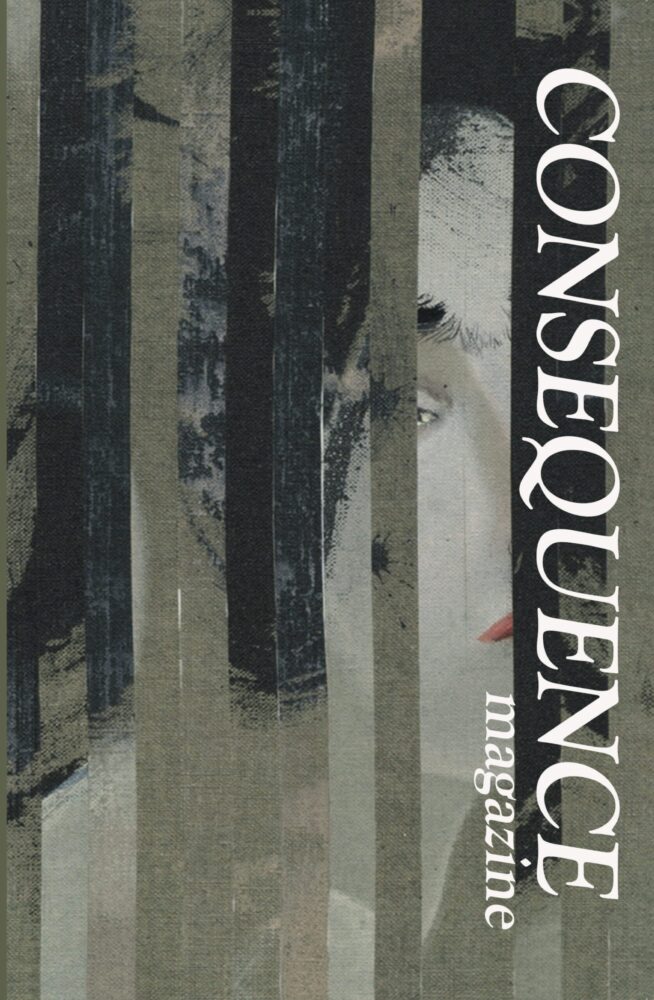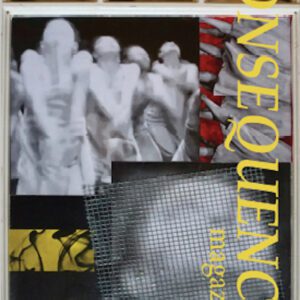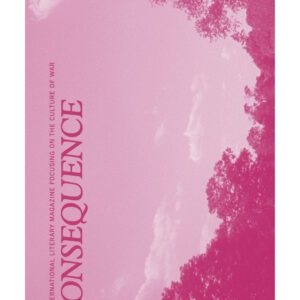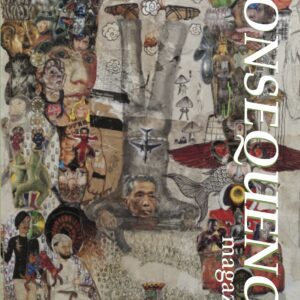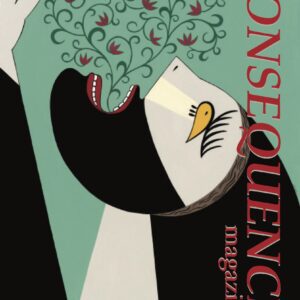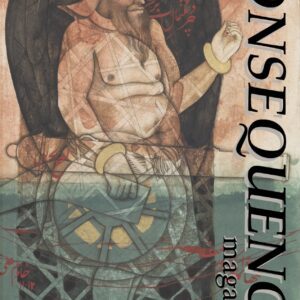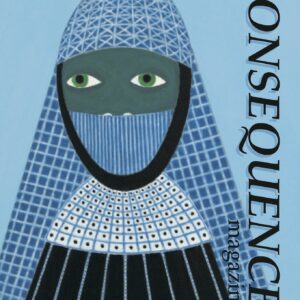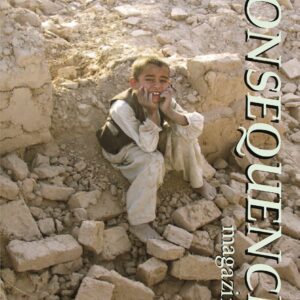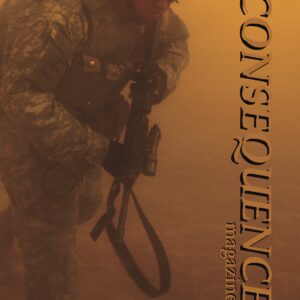Volume 11
$5.00
Editor’s Note
A humanitarian crisis persists in Iraq: nearly a million children orphaned, families without food and shelter, numbing unemployment, and living conditions rife with sectarian violence. Widowed and unprotected women can be victims of sexual harassment, rape and even honor killings. Residents of bombed-out neighborhoods still wait for government funds to rebuild their homes on land toxic with remnants of high-tech warfare.
For most Americans, the wars in Iraq have been unconsciously deposited in the vault of their collective denial. It’s easy and less painful to move on, to avoid the discomfort of knowing hundreds of thousands of deaths were due to our actions. Besides, there’s Afghanistan, Syria, Yemen, Somalia . . .
Without a realistic plan for transition, we left a government in Baghdad too unstable to provide security for its fragmented country. Now, eight years since pulling out of Iraq, the moral question lingers: what is our responsibility to the Iraqi people? Had we fought a “just war” defending against credible Iraqi aggression, the cost of recovery might be charged to the defeated country. The Cheney/Bush aggression was not a just war, and yet, the burden of rebuilding and creating a civil society—an argument used to justify that war—keeps many humanitarian needs of the Iraqi people unmet.
For Iraqi and Kurdish writers, war and its aftermath are past, present, and future, so their work insists on finding words to wrestle with that fact, to give voice to desperate survivors and homage to their dead. With language honed and reshaped so their story of prolonged suffering can be told, their work clears avenues back from the ashes, and places footholds in the mountains of debris so the return from hell is possible.
This issue of CONSEQUENCE features twenty-six poets whose work deploys language and imagination to the spiritual minefield that is memory, dislocation, loss and despair. Their poems are necessary to heal, to reclaim the humanity taken from them, to find a way forward despite long corridors of unending violence.
When urban warfare breaks down the gate and enters the family’s courtyard, when a concealed explosive detonates in a market busy with shoppers, or when a tortured prisoner returns to the bruised intimacy of a cement cell—in these times, who is able to speak? When the turbulent poems featured here open these doors, language is challenged by the sound of screaming, or consoling, or pleading, or cold silence. In choosing the right register, some poets depend on fantasy to capture insurmountable loss, rather than the shaken but rational narrative of a survivor. In one poem a grieving mother, unable to see her dead son’s body, speaks of his last visit home from the fighting. He was hurried, often forgetful, “this time he forgot his right hand.”
Because the horror of war defies language to contain it, poets often need to bend language, sometimes break the rules and start over. When a child is killed and thrown into the street, one poem blames the failure of words and the failure of the poet to make any difference in a world gone mad. Adequate despair can’t be summoned, the child’s body is left in the street; the speaker smiles and can do nothing more than blame the rules of grammar.
There are other voices here that speak to gendered consequences of war, like the struggle in Iraq for women’s rights in a male-dominated society, where some men think women ask for “too much freedom.” Anger but also fear rise in one accosted woman’s voice, predicting that “men with rough hands will squeeze my ideas out of me.”
The reasons for war are rarely rational—different beliefs, values, religious practices, spoken language, ethnicity, dress, the side of the river that’s home—but what degree of insanity justifies genocide? How does a poet approach the heart of that darkness? If the parents of the Yazidi girls taken by ISIS could plead for them, what would they offer in return? And since the terrorists would never listen, in what veiled direction, to what imagined warlord would they turn and beg? “If you give us our children back . . . we will take them to the house of stories.” And that is where these poets and their translators lead us.
—George Kovach
